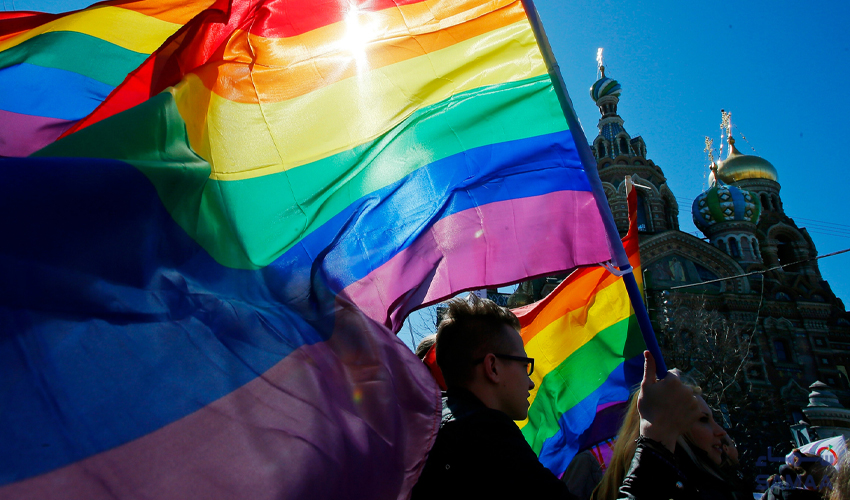In a groundbreaking move, Greece's parliament has passed a bill allowing same-sex civil marriage, marking a significant victory for LGBT rights advocates in the traditionally conservative nation.
The decision, greeted with cheers both inside the parliament and on the streets of Athens, grants same-sex couples the right to marry and adopt children after years of campaigning by the LGBT community.
Greece is one of the first Orthodox Christian countries to allow such unions.
With 176 lawmakers voting in favour out of the 300-seat parliament, the bill is set to become law upon its publication in the official government gazette. Despite some members of Prime Minister Kyriakos Mitsotakis' New Democracy party either abstaining or opposing the bill, it garnered support from the leftist opposition, showcasing a rare display of cross-party unity amid a tense debate.
Stella Belia, head of the Rainbow Families group representing same-sex parents, hailed the decision as a "historic moment" and a cause for celebration.
However, the legislation has drawn mixed reactions from the Greek public, with recent opinion polls indicating a divided sentiment. The Orthodox Church, which holds considerable influence in Greece and condemns homosexuality as a sin, has vehemently opposed same-sex marriage.
While the bill allows for same-sex marriage and adoption, it falls short of addressing all concerns of the LGBT community. Obstacles remain for LGBT couples seeking assisted reproduction methods, and surrogate pregnancies will not be extended to LGBT individuals. Despite these limitations, the bill does recognize children born through surrogacy abroad.
Critics, including far-right parties and former Prime Minister Antonis Samaras, have condemned the legislation, labeling it as "anti-Christian" and against national interests. Samaras, a lawmaker from the New Democracy party, reiterated his opposition, asserting that the marriage of same-sex couples is not a human right.



























